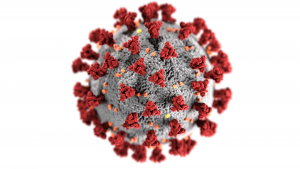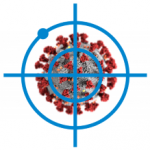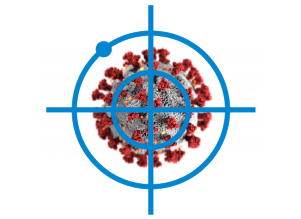Leveraging AIRR-sequencing data to inform the Biology of COVID-19
The AIRR Community is pleased to announce a 3-day special event focused on AIRR-sequencing data and COVID-19. Due to the unprecedented nature of the COVID-19 pandemic and the need for rapid scientific progress, this virtual meeting will provide recent analyses of the B- and T-cell receptor repertoires of COVID-19 patients. In addition, we will explore a key objective of the AIRR Community in the context of the pandemic: How the scientific response to the COVID-19 pandemic might be leveraged to promote the implementation of standards for AIRR-seq data.
Tuesday – Thursday, September 8th – 10th, 8:00 – 11:00 PDT / 11:00 AM – 2:00 PM EDT / 5:00 – 8:00 PM CEST
Full event details found here.




